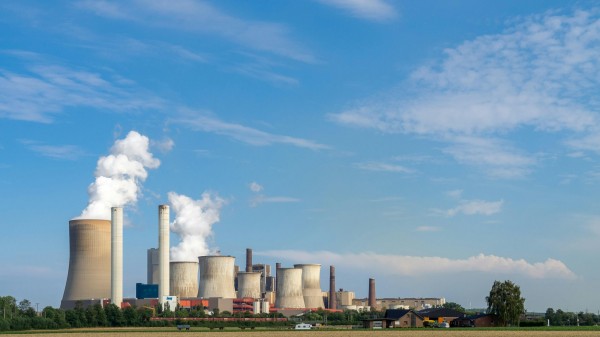Kobelco falsifies data on its metal products
# I. What happened?
On October 8, 2017, Kobe Steel admitted that it had falsified the inspection data on more than 20,000 tons of metals shipped from four of its Japan-based factories to customers in the automobile and aircraft industries, and confirmed that data falsification related to manufacturing specifications requested by clients, such as tensile strength, had affected about four percent of its output between September 2016 and August 2017.
In the days following the admission, Kobe Steel’s shares fell by more than 30 percent on the Tokyo Stock Exchange.
By mid-October 2017, it was reported that Kobe Steel had also falsified data on aluminum and copper products that had been manufactured by the company’s plants in China, Malaysia, and Thailand. Between April 2007 and August 2017, the metals were allegedly shipped with false certificates to around 500 customers, including companies in the automotive, aircraft, electronic, and railway sectors.
Kobe Steel’s admission prompted several large companies to begin investigating whether the falsely certified materials had been used in their products and whether they posed a safety risk. In the days following the admission, an independent investigation committee set up by Kobe Steel uncovered more than 70 cases of altered data in aluminum, copper and iron powder products as well as liquid crystal display (LCD) materials at the company’s KobelcoResearch Institute. The investigation committee also exposed data falsification at several Kobe Steel subsidiaries in China, Thailand, and Japan.
At the end of October, the Japanese government ordered an inspection of all certified Kobe Steel plants. The Ministry of Land, Infrastructure, Transport, and Tourism also began an inspection of Kobe Steel’s Daian Plant after it was discovered that the plant had falsified data on products used in passenger aircraft, an admission that prompted the European Aviation Safety Agency to advise against buying materials from Kobe Steel.
In December, Kobe Steel conceded that senior officials in the company’s copper and aluminum business had been aware of the data falsification.



